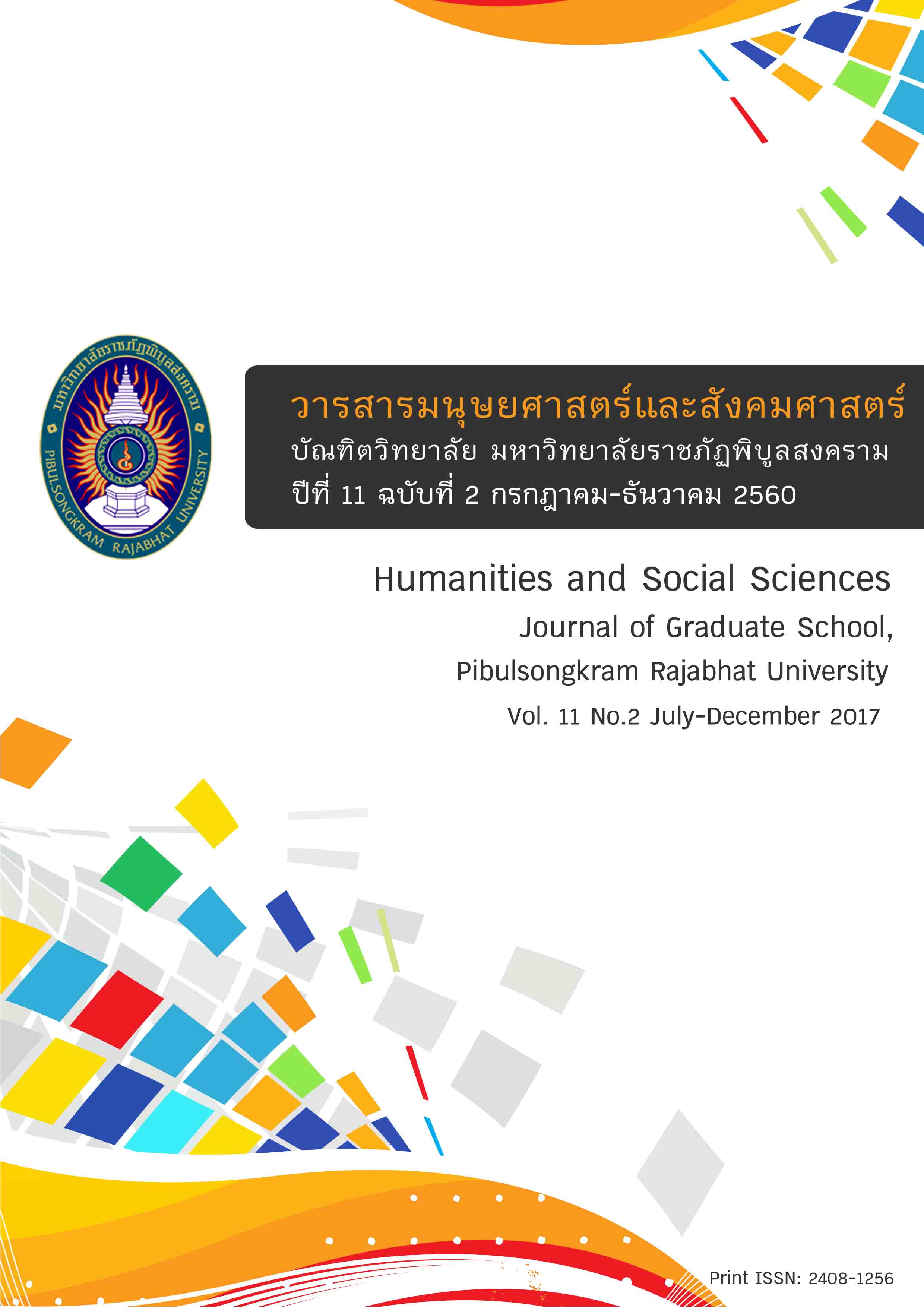Effects of Internal Audit Strategy on Operational Efficiency of Universities under the Commission on Higher Education
Keywords:
Internal Audit Strategy, Operation EfficiencyAbstract
งานวิจัยนี้มีวัตถุประสงค์เพื่อทดสอบผลกระทบของกลยุทธ์การตรวจสอบภายในที่มีต่อประสิทธิภาพการดำเนินงานของมหาวิทยาลัยในสังกัดสำนักงานคณะกรรมการการอุดมศึกษา โดยทำการเก็บรวบรวมข้อมูลจากผู้ตรวจสอบภายในมหาวิทยาลัยในสังกัดสำนักงานคณะกรรมการการอุดมศึกษา จำนวน 88 แห่ง และใช้แบบสอบถามเป็นเครื่องมือ สถิติที่ใช้ในการวิเคราะห์ข้อมูล ได้แก่ การวิเคราะห์สหสัมพันธ์แบบเพียร์สัน และการวิเคราะห์ความถดถอยแบบพหุคูณ ผลการวิจัยพบว่า กลยุทธ์การตรวจสอบภายในด้านการวางแผนการปฏิบัติงานและกลยุทธ์การตรวจสอบภายในด้านการติดตามผล มีผลกระทบเชิงบวกกับประสิทธิภาพการดำเนินงาน ดังนั้น ผู้บริหารของมหาวิทยาลัยในสังกัดสำนักงานคณะกรรมการการอุดมศึกษา และหน่วยงานที่เกี่ยวข้อง ควรให้ความสำคัญกับกลยุทธ์การตรวจสอบภายใน ด้านการวางแผนการปฏิบัติงาน และด้านการติดตามผล เพื่อให้การปฏิบัติงานบรรลุเป้าหมายและวัตถุประสงค์ก่อให้เกิดประโยชน์ต่อการบริหารจัดการของมหาวิทยาลัยในสังกัดสำนักงานคณะกรรมการการอุดมศึกษาต่อไป
The objective of this research was to investigate the effect of internal audit strategy operational on efficiency of universities under the commission on higher education by using a questionnaire as an instrument for collecting data from 88 universities. The statistics used for analyzing the collected data were correlation analysis, and multiple regression analysis. The findings revealed that internal audit strategy in the aspects of planning and following up had positive impacts on operational efficiency. Therefore, the administrators who were being universities under the Commission on Higher Education and related organizations should recognize the importance of internal audit strategy on planning and following up in order to be beneficial to university under the Commission on Higher Education.
Downloads
Published
How to Cite
Issue
Section
License
Any articles or comments appearing in the Journal of Humanities and Social Sciences, Rajabhat Phibulsongkram University, are the intellectual property of the authors, and do not necessarily reflect the views of the editorial board. Published articles are copyrighted by the Journal of Humanities and Social Sciences, Rajabhat Phibulsongkram University.









